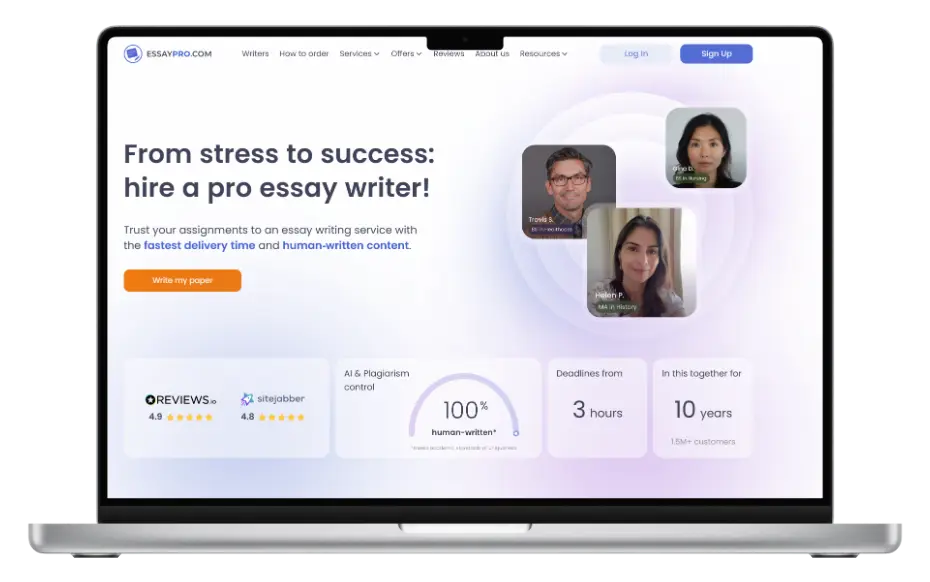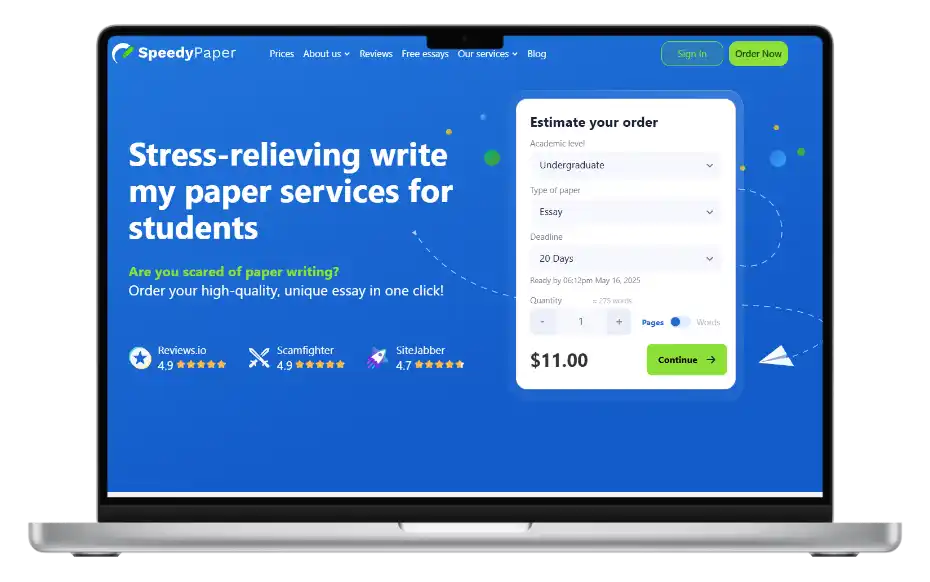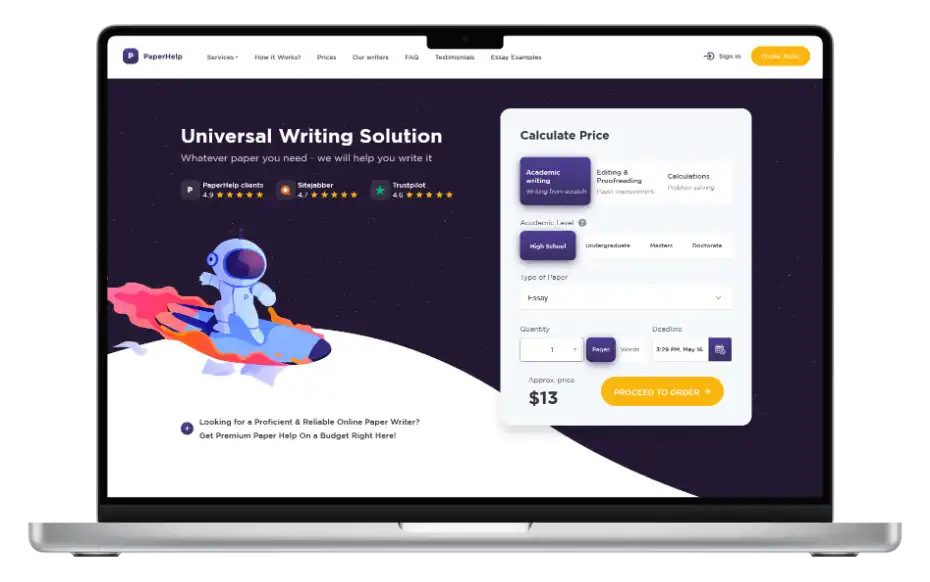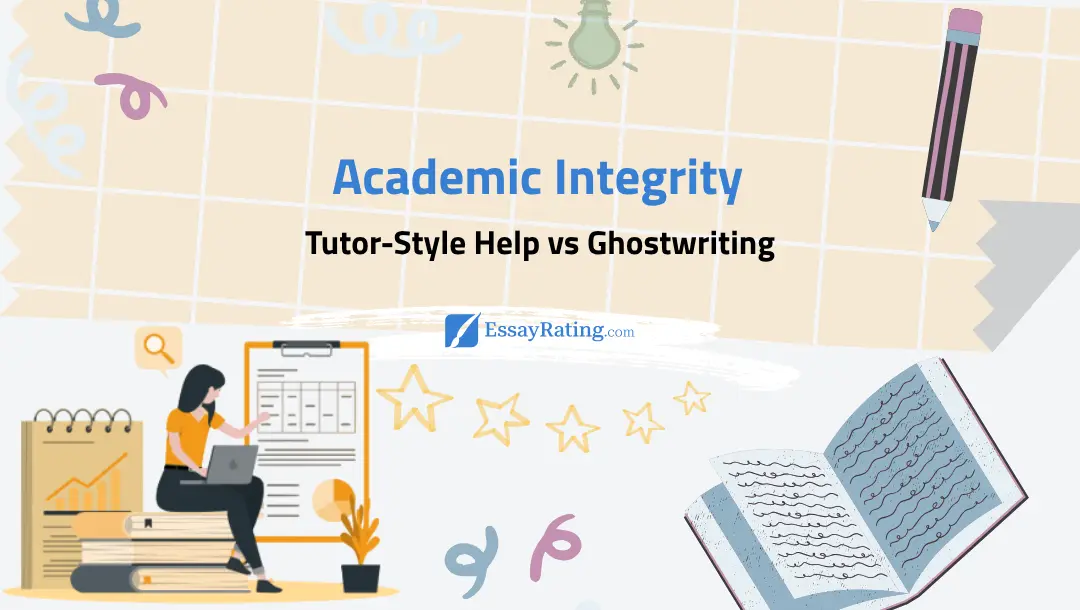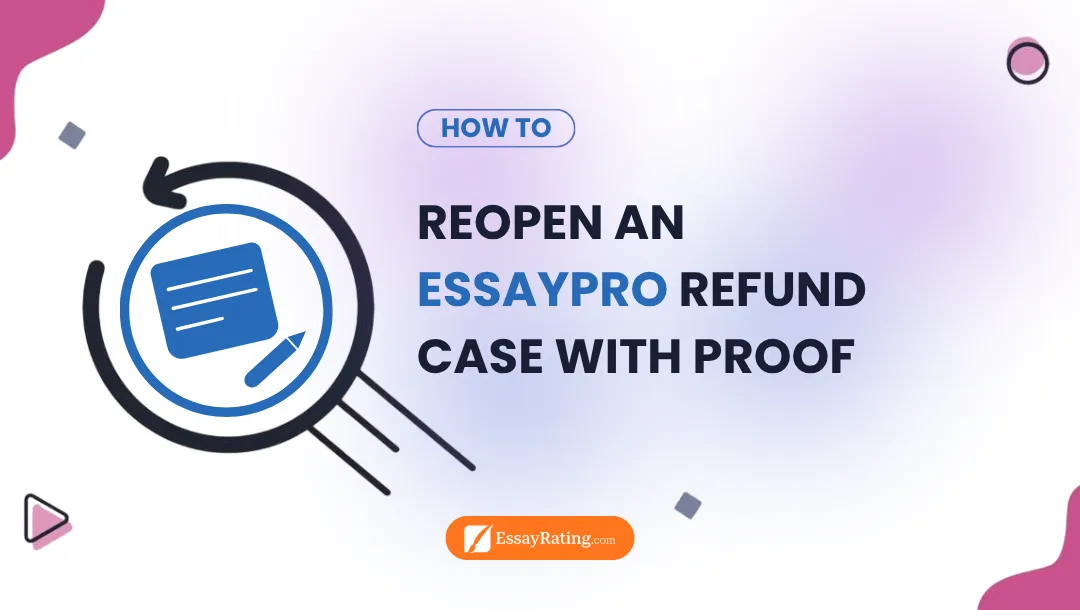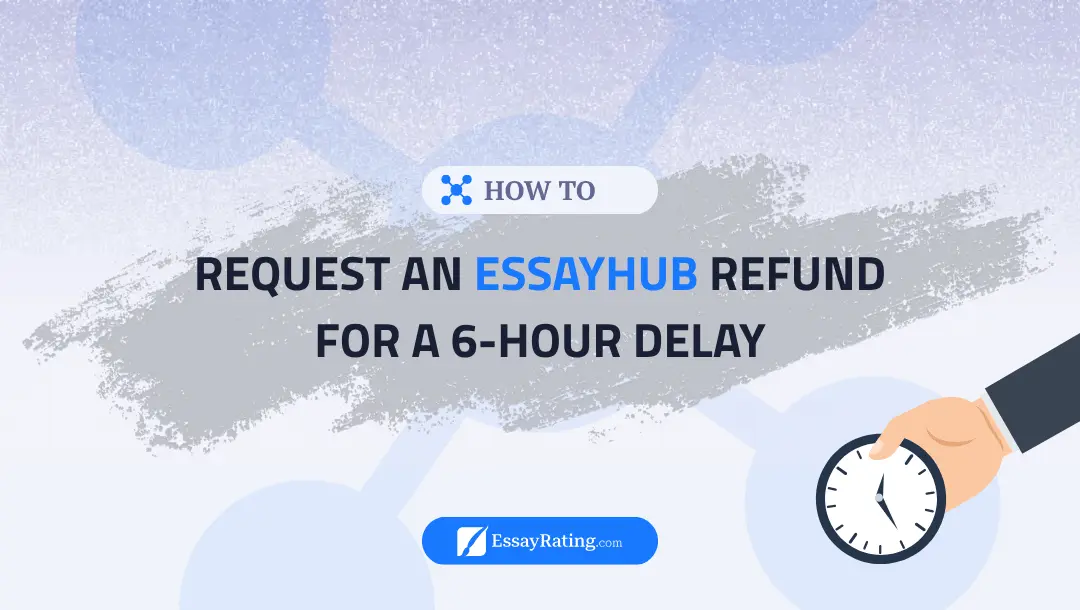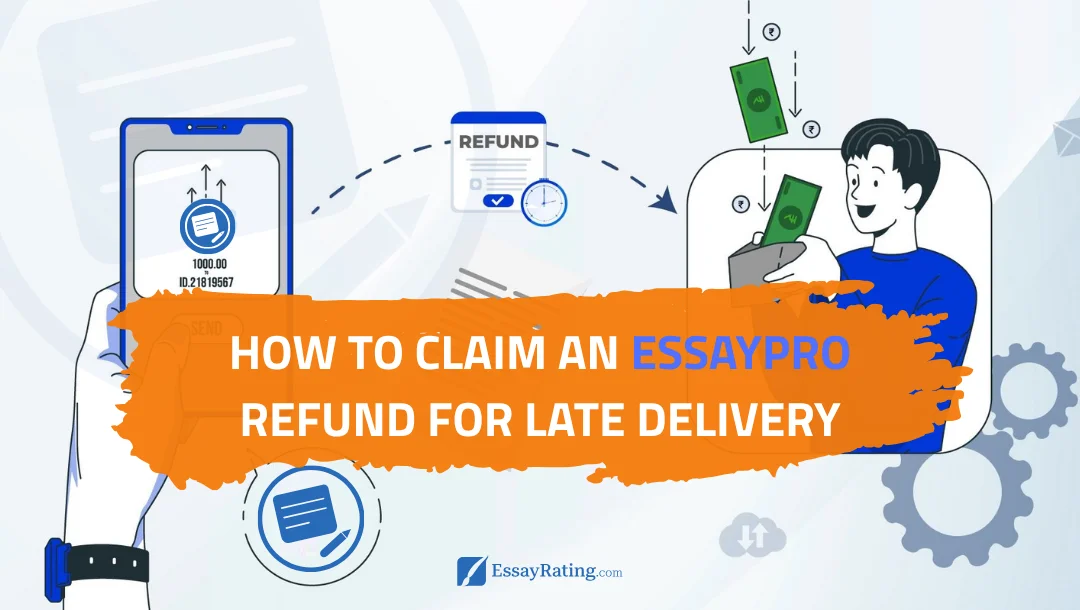Is It Ethical to Use Essay Writing Services in 2025? A Student-First Guide
Summary: It’s legal in most countries to buy academic help, but submitting purchased work as your own usually violates university policies. In 2025, the ethical line sits between coaching (allowed, similar to tutoring) and ghostwriting (not allowed). This guide shows how to stay on the right side of academic integrity while still getting real support when you’re stuck.
Updated: November 2025 · Policy & A.I. detection landscape checked · 11 min read
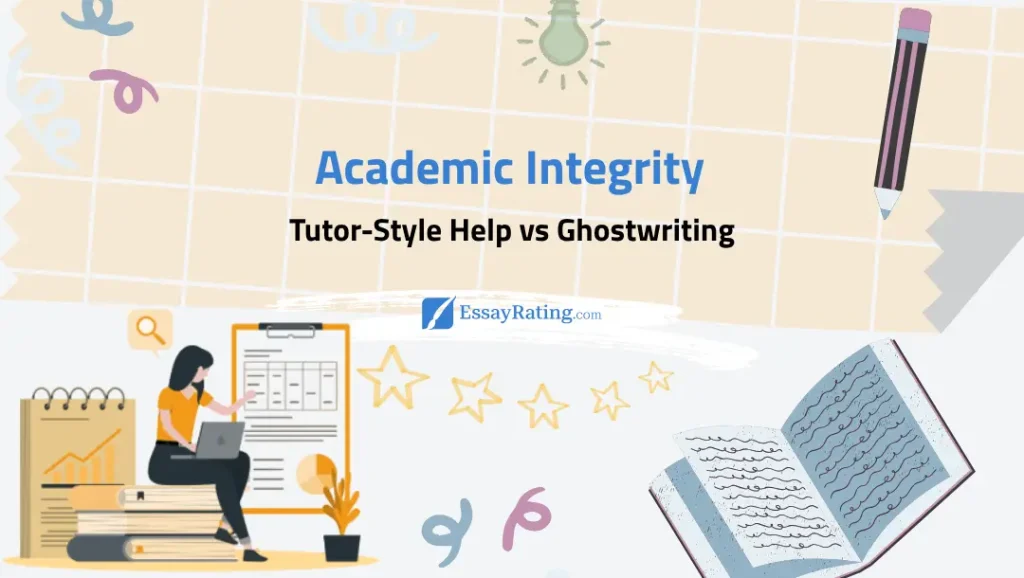
Let’s be real: the workload hasn’t gotten lighter. Classes moved online, AI tools got smarter, and deadlines feel tighter. Our editorial team hears the same question all the time: “Can I use an essay service without getting into trouble?” The short answer is yes—if you use it like a tutor. Below we break down where universities draw the line in 2025, how AI detection changes the game, and the exact ways to work with a service without risking violations.
Ethical vs. Unethical: Where Universities Draw the Line in 2025
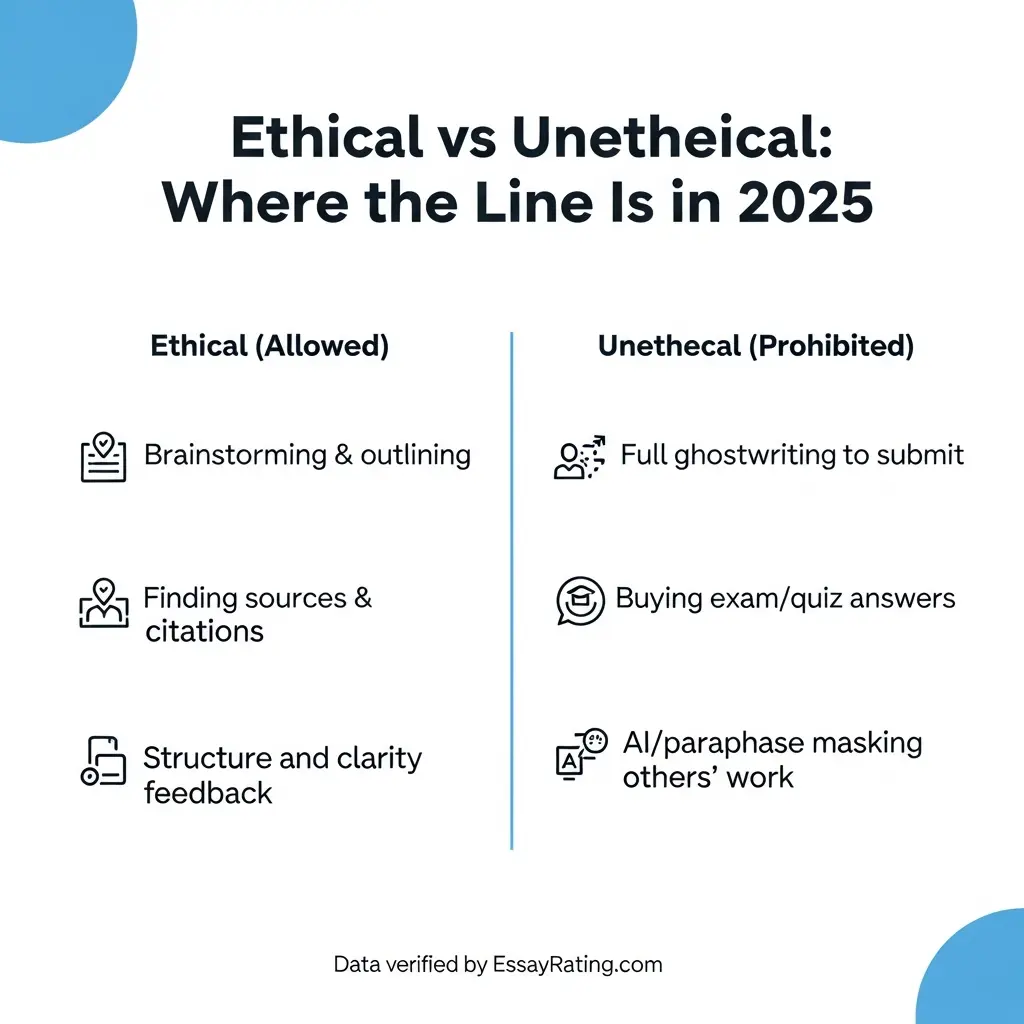
Most institutions now publish an Academic Integrity Policy that distinguishes legitimate learning support from contract cheating. The gist in 2025:
Ethical (usually allowed): brainstorming, outlining, topic narrowing, locating sources, citation formatting (APA/MLA/Chicago), paraphrase coaching, grammar/style feedback, and revision guidance. You learn, you write, you submit.
Unethical (usually prohibited): paying for a complete assignment and submitting it as your own, buying take-home exam answers, delegating graded quizzes, or misrepresenting authorship. Even if “plagiarism score” is low, authorship misrepresentation breaks the rules.
Is It Legal to Use Essay Services?
In most jurisdictions, it’s legal to purchase writing or tutoring. What matters is your school’s policy. Universities evaluate intent (learning vs. outsourcing), authorship, and the level of assistance disclosed. Some departments now ask for contribution statements (who helped and how). If your help equals coaching, you’re typically safe.
AI Detection Changed the Conversation—But Not the Rules
AI detectors (including hybrid models that combine stylometry, metadata, and source tracing) are better at spotting machine-like patterns and incongruent writing style. They’re far from perfect, but they made one thing crystal clear: swapping one form of outsourcing (ghostwriting) for another (raw AI outputs) doesn’t make the submission ethical. The ethical move is to use support to improve your own work.
Ethical Ways to Work with a Service (Student-Safe Use Cases)
These scenarios map to tutoring rather than contract cheating. We recommend documenting the collaboration (brief, drafts, version history).
Legit use cases in 2025: targeted feedback on your draft, reference list verification, structure/logic checks, citation formatting, clarity editing that doesn’t change your argument, and data presentation (tables/visuals) built from your own analysis.
High-Risk Behaviors to Avoid
Submitting a fully purchased paper, outsourcing a graded test, “polishing” that rewrites your argument beyond recognition, or using AI-paraphrasing to mask someone else’s work—these patterns trigger integrity reviews. If you didn’t produce the core intellectual work, it’s risky.
💡 Need human tutoring instead of ghostwriting? Compare services that support ethical use—outline help, citation checks, and feedback only. Start with our tested reviews: EssayHub, PaperHelp, and SpeedyPaper. Or see current student deals on our coupon hub.
What Professors Expect: Authorship, Sources, and Transparency
In faculty interviews we’ve run since 2023, three expectations repeat: authorship (your voice and argument), source transparency (credible, cited references), and progress visibility (drafts, notes, outlines). If your process shows real learning, support looks like tutoring, not substitution.
Decision Framework: Are You Using the Service Ethically?
Use this quick matrix before you hit pay:
| Action | Who Does the Intellectual Work? | Risk Level | Safer Alternative |
|---|---|---|---|
| Brainstorm & outline review | You (service gives feedback) | Low | Book a coaching session; keep your outline |
| Full paper ghostwriting | Third party | High | Write draft yourself; request feedback & citations check |
| Citation & formatting cleanup | You (service formats) | Low | Use a style checker; confirm sources exist |
| AI text pasted as final | AI | High | Use AI for ideas, then rewrite fully in your voice |
How to Document Ethical Collaboration (CYA Checklist)
If your school asks how you used outside help, you’ll want a clean paper trail. Keep: your original brief, your draft(s) with timestamps, comments received, and final references. This demonstrates authorship and protects you from false positives in AI or plagiarism detection.
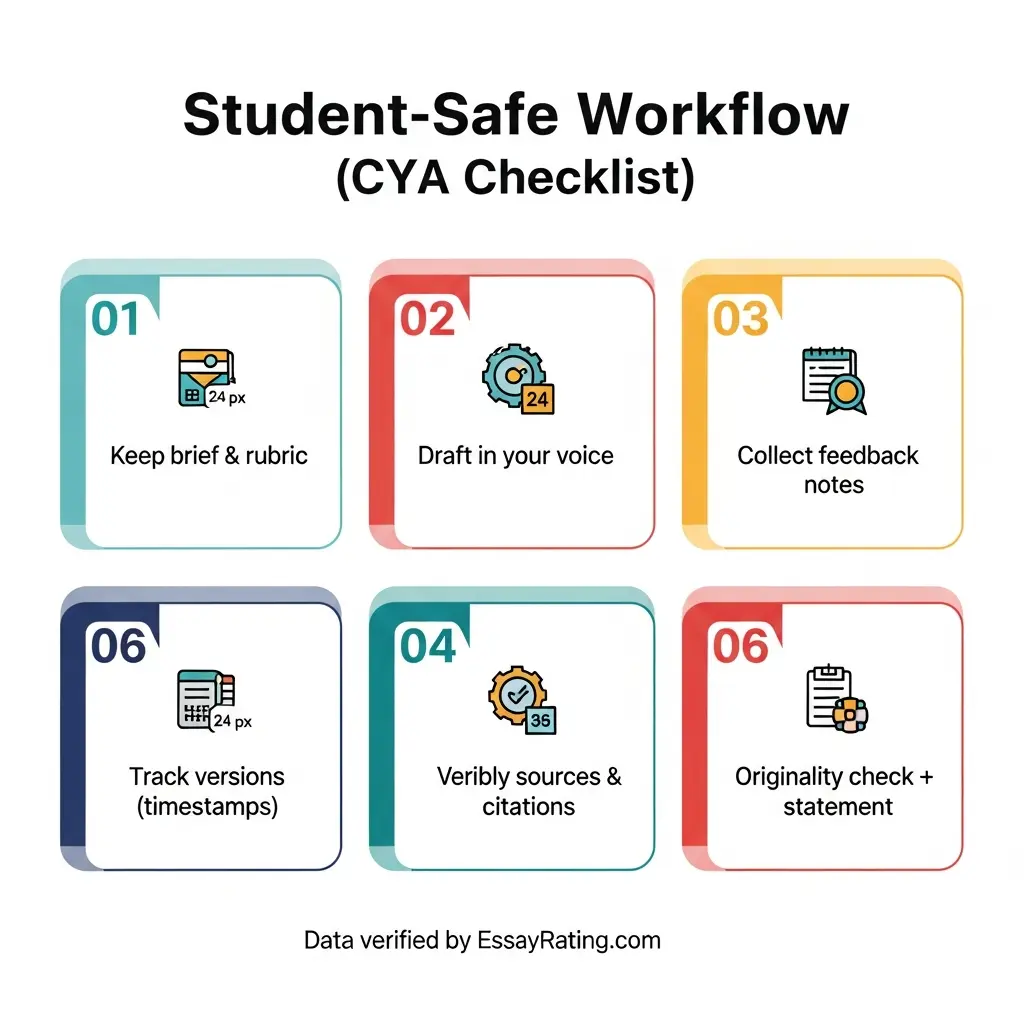
AI Tools vs. Human Tutors: What’s Ethical?
Tools can help you learn – brainstorming, narrowing topics, or generating practice prompts. The ethical line is authorship: you must generate the argument and wording you’ll submit. Human tutors are valuable for targeted feedback and explaining rubric expectations. When in doubt, assume your professor will ask, “Can you explain how you built this argument?” If the answer is no, take a step back.
Practical “Do/Don’t” for 2025
Do: write your own draft, use services for feedback and citations, keep version history, and run a final originality check. Don’t: outsource graded exams or purchase “finished” essays to submit. That’s contract cheating, not tutoring.
If You’re Already in Trouble (Triage)
If you’ve been flagged—by Turnitin, an AI detector, or a style mismatch—don’t panic. Gather your drafts, notes, source list, and timestamps to demonstrate authorship. Ask your department about the appeals process. If your use was tutoring only, documentation usually clears the air.
Key Takeaways
- Ethical use = tutoring and feedback; unethical use = ghostwriting and misrepresentation of authorship.
- AI detection raised the stakes but didn’t change the rules—authorship still matters most.
- Keep a paper trail (brief, drafts, comments, sources) to show learning and originality.
- Choose services that support coaching, not substitution; read reviews before you buy.
FAQ - Academic Integrity & Essay Services
In most countries, yes. What matters is how you use it. Tutoring is typically allowed; ghostwriting isn’t.
No. That violates academic integrity in almost every institution.
Brainstorming, outlining, draft feedback, citation/style checks, and source validation - while you remain the author.
Detectors flag machine-like patterns and style jumps, but ethics is about authorship. If you write the paper and use human feedback, you’re safer
Some courses ask for contribution statements. When in doubt, review your syllabus or ask your instructor.
Provide drafts with timestamps, outline notes, comment history, and your source list. This shows you built the work
No. That’s still misrepresenting someone else’s intellectual work as yours
Those that emphasize tutoring -feedback, structure, citations. Start with our vetted reviews below and choose coaching-first options
About the Team
Related Articles
Essay Services You May Like
